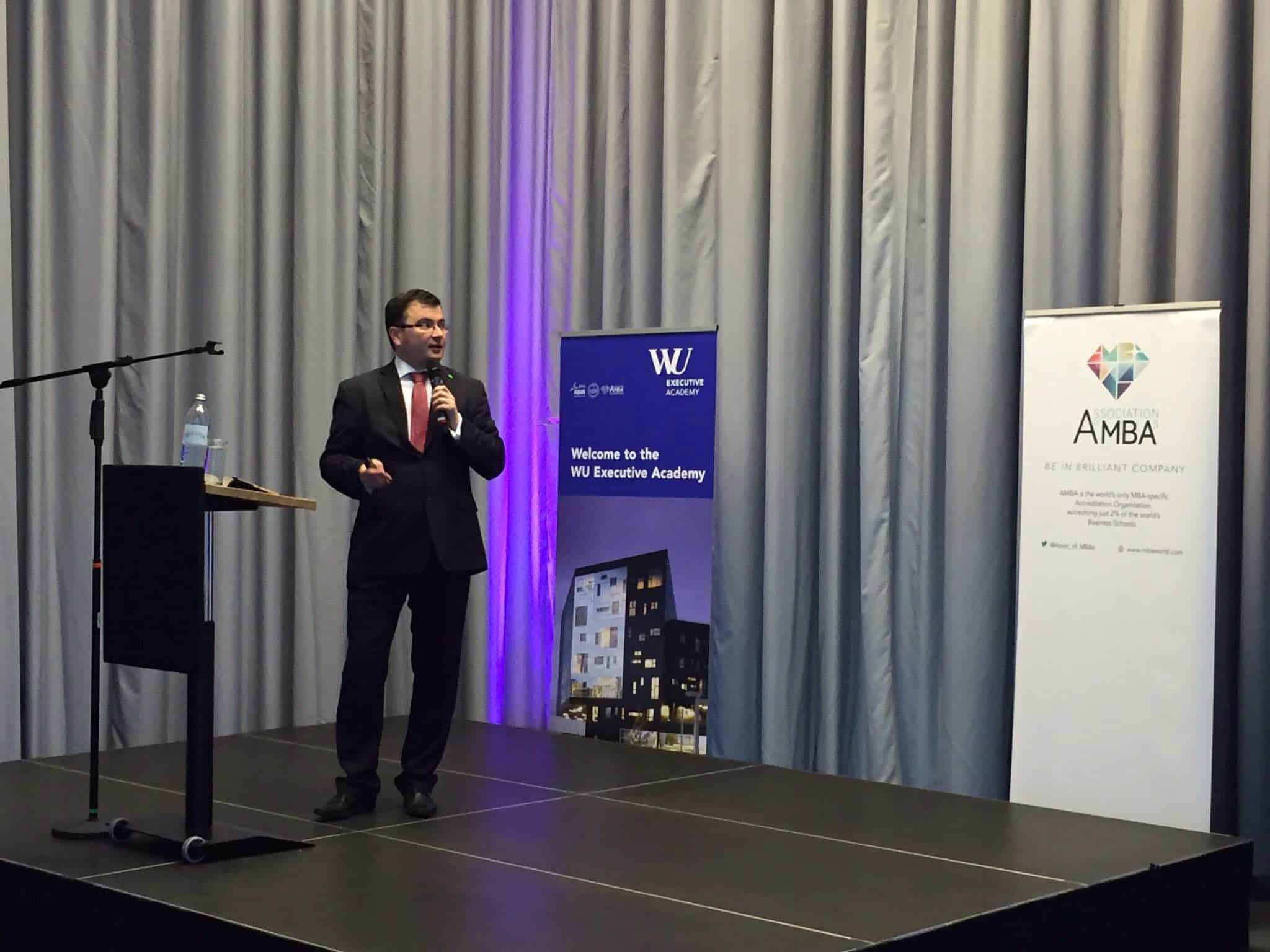Two months ago the world woke up to the news that Brexit – the catchy name given to the referendum in the UK on the question of a European Union exit – was indeed going to be a reality. 52% of the British population voted to leave the EU, in a result that was deemed the unthinkable.
The shockwaves have shaken the European continent and reverberated throughout the world. Post Brexit Prime Minister Theresa May and her new cabinet have the mammoth task of uncoupling the UK from the complex intertwining with the European Union. So how will this affect the economic outlook of the UK and the European Union?
Vladimir Vano, Chief Economist and Head of CEE Research of Sberbank believes that the UK is fortunate to not have taken up the Euro as having the British Pound can allow for the currency to be weakened to increase Britsh exports, limit imports and thus help the UK.
In the immediate aftermath of the referendum result, the pound dropped to its lowest level since 1985. There was an immediate flurry among foreigners to snap up luxury goods such as high end designer wear given the low value of the pound.
As the UK will struggle to recover from the post brexit fallout, this also does not bode well for the European Union. Speaking to Ambition of the Association of MBAs (AMBA), Vano expressed concern for the immense foreign direct investments flowing to the UK that would not continue through to the EU single market when Brexit goes ahead. With the current status of the UK as a member of the European Union, these investments have benefiited the EU single market as a whole.
„The UK has been an entrance for foreign investors from countries such as China and India. India is the third biggest direct investor in the UK, but there is a question about what will happen to these flows to the other EU countries”, Vano said.
When quizzed about the outlook for the future for CEE – which Vano has previously said is experiencing growth – the economist is of the opinion that Brexit will indeed put the region’s „major export directors at risk” and will require careful planning to manage the repercussions of the decision. Vano added that this decision perfectly illustrates how a decision at the very Western from of the EU can affect countries at the Eastern border.
Chief Economist and Head of Central and Eastern Europe (CEE) of Sberbank, Vladmir Vano will be speaking at the 4th Annual Back Office Forum which will be held at the Austria Trend Park Royal Hotel in Vienna, Austria from the 24th-25th of November. This year’s forum will focus on „Major Economic Trends in the Period of Permanent Change and Key Fintech Innovations” which can revolutionize Back Office Operations in the Banking Industry with special focus on Economic Outlook in the Eurozone during Brexit and what Brexit would really mean for the CEE Economy.


